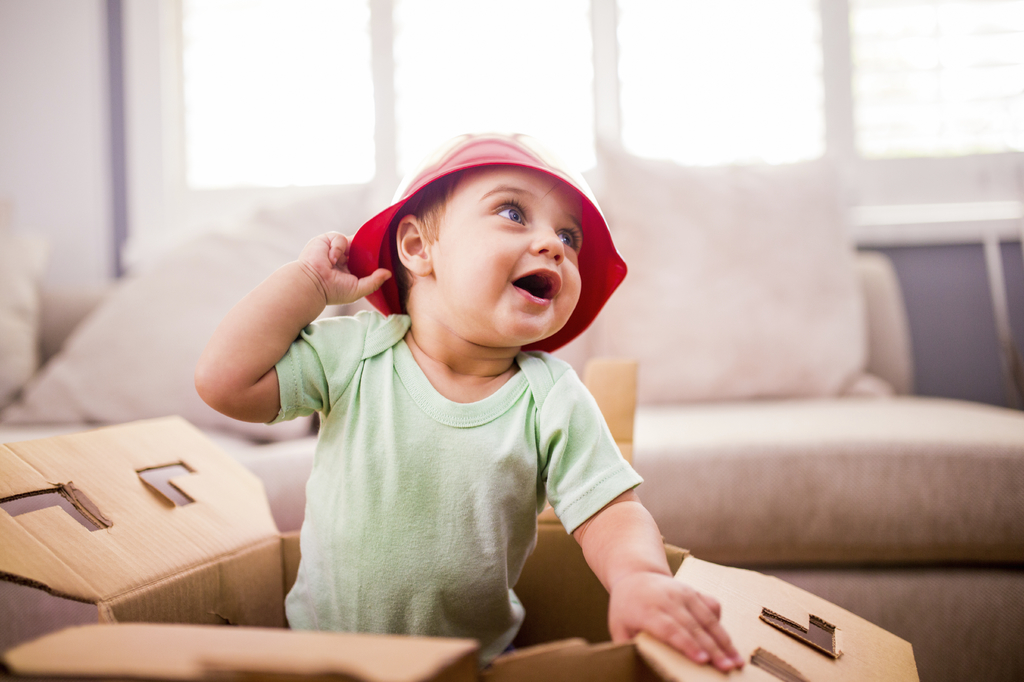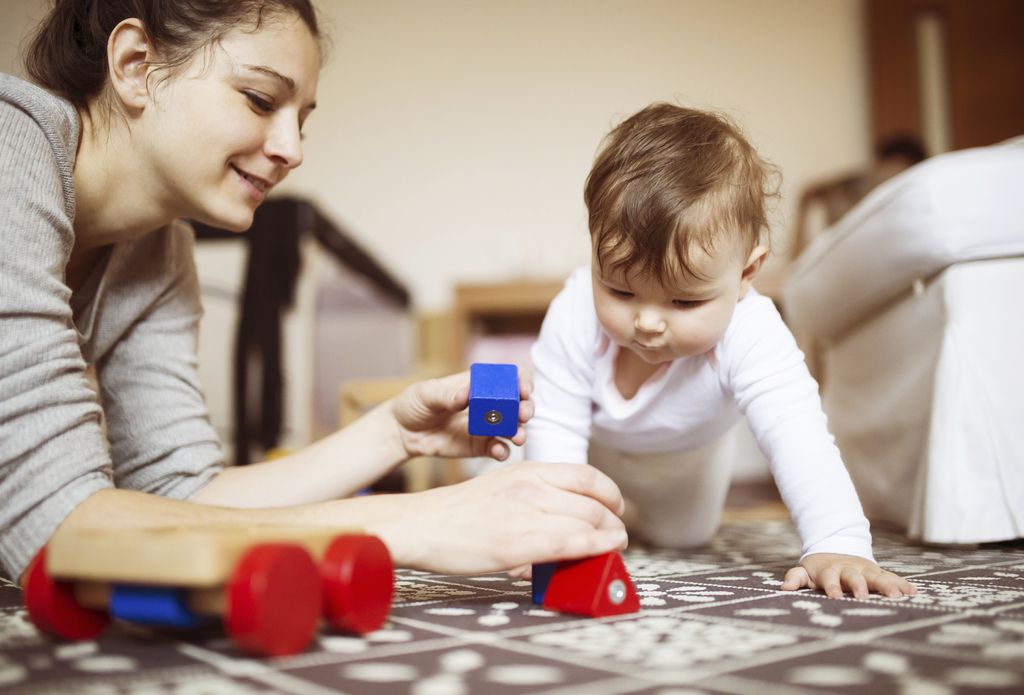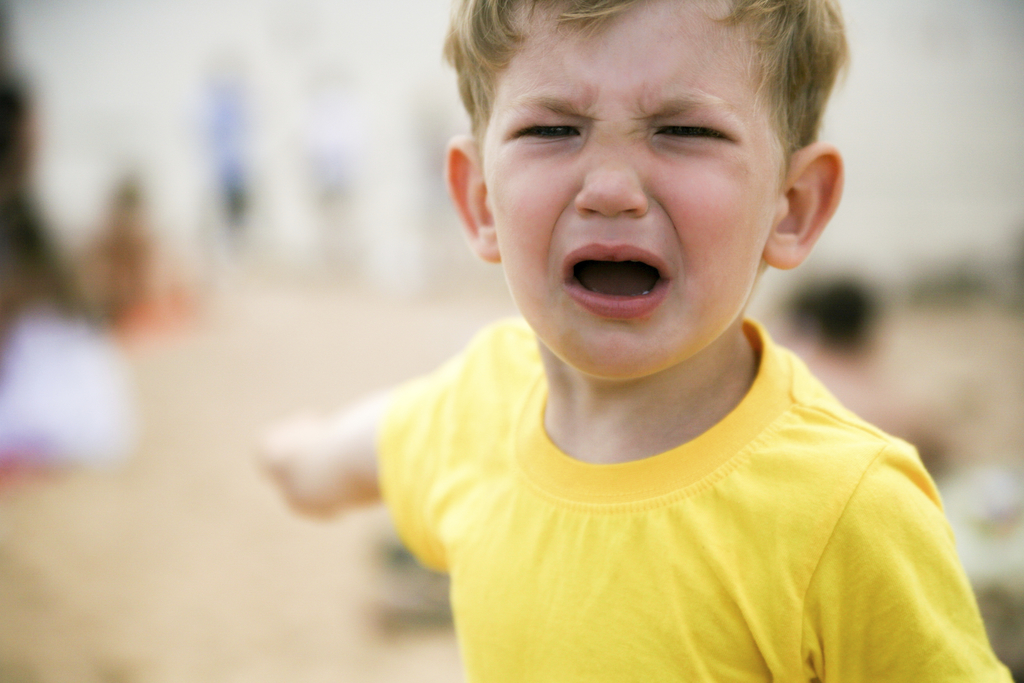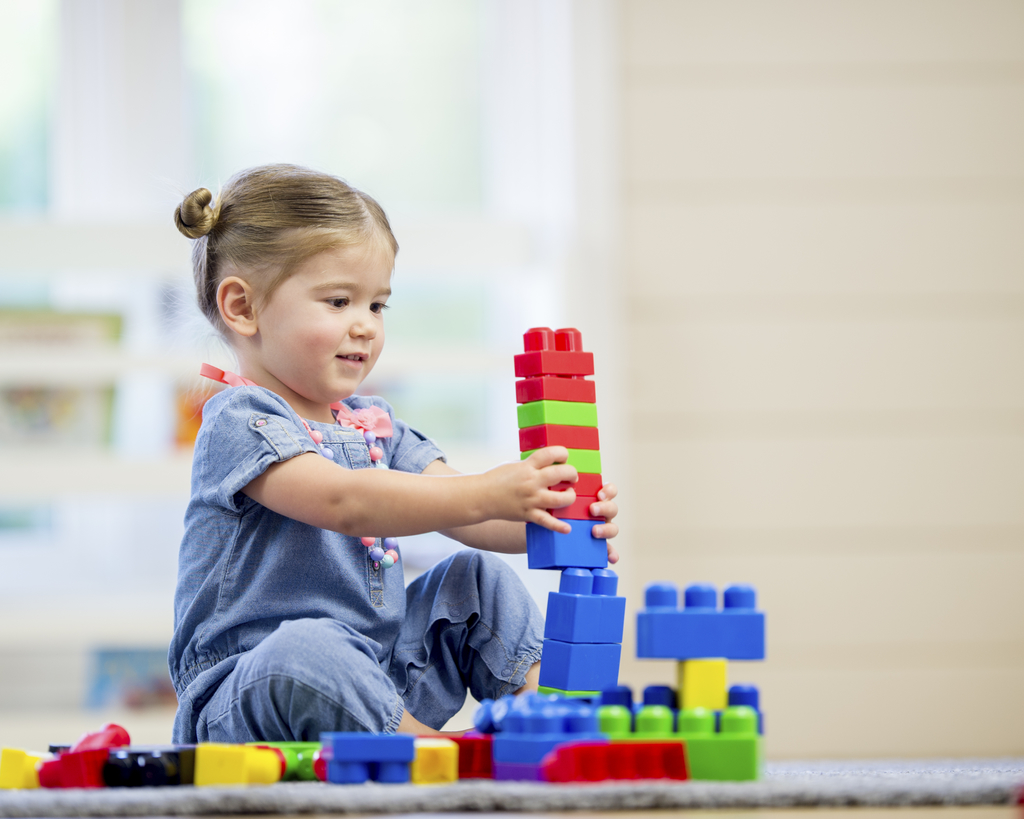SingaporeMotherhood | Baby & Toddler
June 2016
Are You A Helicopter Parent? You Could be Hurting Your Infant
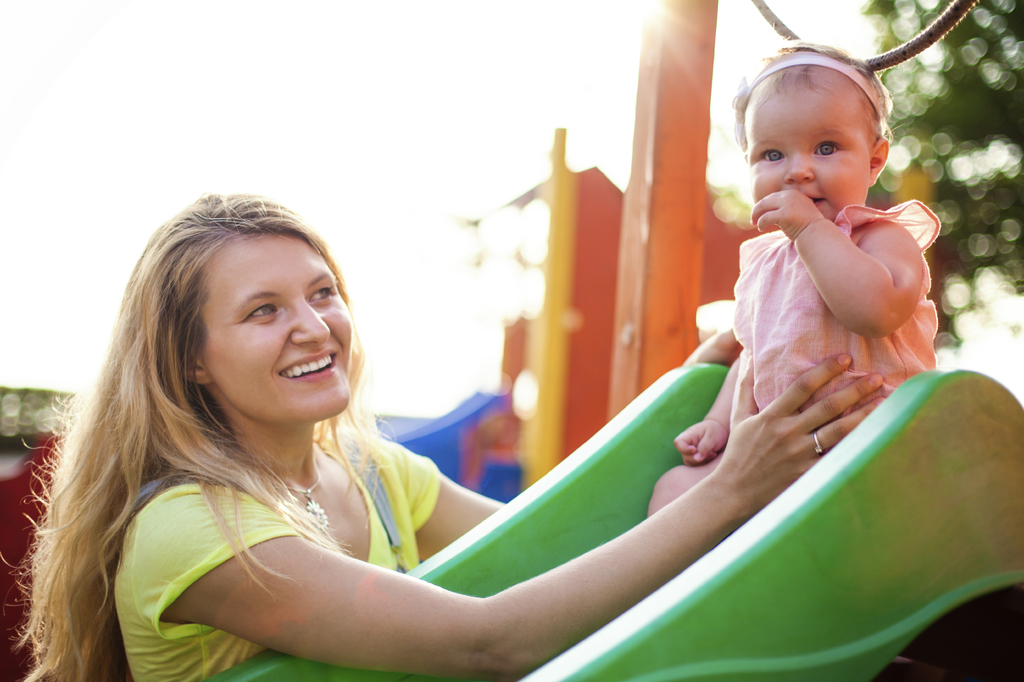
Do you constantly shadow your little one? Do you always direct her behaviour when playing with her? Do you barely allow your child to be on his own? Most importantly, have you found yourself often using “Don’t!” on your infant? If you answered yes to any of these questions, you might be a helicopter parent.
[banner][/banner]
In typical helicopter parenting, a mum or dad swoops in at the slightest sign of challenge or discomfort faced by their child. Why ‘helicopter’? Such parents ‘hover’ around their children as a helicopter would.
As tempting as it might be to constantly be around your precious bundle of joy, the practice of helicopter parenting is a hindrance to an infant’s exploratory play. Charlotte Wong, Senior Manager at Kinderland, explains, “Exploratory play allows infants to learn about the things that interest them in a purposefully created environment.” Mobile infants and toddlers learn a great deal by exploring their physical environment. Are you seeing the link yet? By being a helicopter parent, you are not doing your tot any favours.
The Importance of Exploratory Play for Your Infant
According to Charlotte, babies are born with 100 billion brain cells, and will use their daily experiences to make sense of the world they live in. From the sounds they to the cuddling they receive, such two-way interactions help babies develop their brains as they make crucial neural connections.
Every experience, whether it is playing peek-a-boo with a parent, or being fed a new fruit, excites the baby’s brain cells. “Recurring experiences will develop a neural synapse highway which helps infants understand the world better,” explains Charlotte.
Charlotte provides some examples:
A seven-month-old is placed on a mat with a ball and a textured pink scarf near him. As he reaches out to the ball with his fingertips, he will soon realise that it rolls away at the slightest touch. Conversely, what he experiences when he reaches for the scarf will be different and this provides him with a new understanding about objects.
Likewise, an older infant who is figuring out how to use a spoon to feed himself will soon learn what motion is required from him to get the food from the bowl to his mouth. A toddler who is learning to climb up and down a play structure will also ascertain after a few tries that it is safer and less daunting to descend legs first.
What else does exploratory play promote?
- Stimulated brain connections
- Early cognitive development
- Problem-solving skills
- Good self-esteem
- Self-confidence
- Critical thinking ability
- Resourcefulness
Signs That You Might Be A Helicopter Parent
Helicopter parents tend to over-react to an experience from an adult’s perspective. For example, a parent who screams or exclaims loudly once a child falls and runs quickly to the child’s rescue is a helicopter parent. When this happens, the infant learns the fear of falling – even when it does not hurt. The infant may also conclude that this is an avenue to get attention. Infants and young children get their worldview and perspective of what is good or bad from adults.
Charlotte says that helicopter parents typically do not allow their children to get involved in activities that are messy, might hurt, cause perspiration or could result in falls. They are also notorious for the frequent usage of “Don’t!”
Guilty?
Why Do Helicopter Parents Act The Way They Do?
There surely must be a reason as to why helicopter parents behave the way they do, right? According to Charlotte, the behaviour of Singaporean helicopter parents can be attributed to times having changed. Unlike back in the days, young families are now having much fewer children. This makes each child much more precious to his parents.
“The cultural background of today’s young parents also differs,” explains Charlotte. They were most probably brought up in HDB flats where the hygiene was much better than that of the kampung setting in which their children’s grandparents were raised. Hence, they expect their children to be brought up in a similarly safe, if not better, setting.
However, being a helicopter parent will have negative effects on your infant.
“Infants may adopt a risk-adverse or do-not-try mindset. They may also hesitate to try anything new, and view even the smallest hurdles as huge challenges,” says Charlotte. Being a child of a helicopter parent will result in infants getting little or reduced exposure to new experiences, perceiving many ideas as unsafe and avoiding all challenges or risks.
How Do I Create A Safe Environment for My Infant to Play In?
Well-designed spaces contribute to children’s development and support parents in their role as facilitators of children’s learning and self-directed play. According to American architects Louis Torelli and Charles Durrett, “a well designed environment is, of course, safe for infants and toddlers but, more than that, it supports their emotional well-being, stimulates their senses, and challenges their motor skills.”
Your infant’s play area has to be age appropriate, highly functional and aesthetically appealing. The choice of layout and furniture should provide infants with various opportunities to challenge themselves through what they see, touch and feel. Such an environment allows infants to safely explore independently, to learn how to navigate, and to finally master the environment.
“An environment which is appropriate and challenging is called a Landscape for Learning,” explains Charlotte.
So how do you modify your home to be infant-friendly? Parents do not have to spend too much on this. For immobile infants, a small area with a mat will suffice. For mobile infants or toddlers, define a play area like a corner in the living room or the children’s room. Parents may install some padding to cushion falls, but not to prevent low-level falls, such as when the toddler is learning to walk. Sharp corners which may hurt or cut should be removed. Outdoor play spaces such as grass in a park or a playground are also safe for exploratory play.
Parents can also encourage independent play by providing sensorial resources for learning. Resources need not be expensive toys – use recyclable materials such as empty milk bottles and household items such as baskets, scarves and spoons.
Is it possible to stop being a helicopter parent altogether?
“Equipped with new knowledge of the benefits of exploratory play for infants, parents can choose to start adopting a new mindset,” says Charlotte. “It is probably a paradigm shift but it will be well worth it.”
All content from this article, including images, cannot be reproduced without credits or written permission from SingaporeMotherhood.
Follow us on Facebook, Instagram, and Telegram for the latest article and promotion updates.




